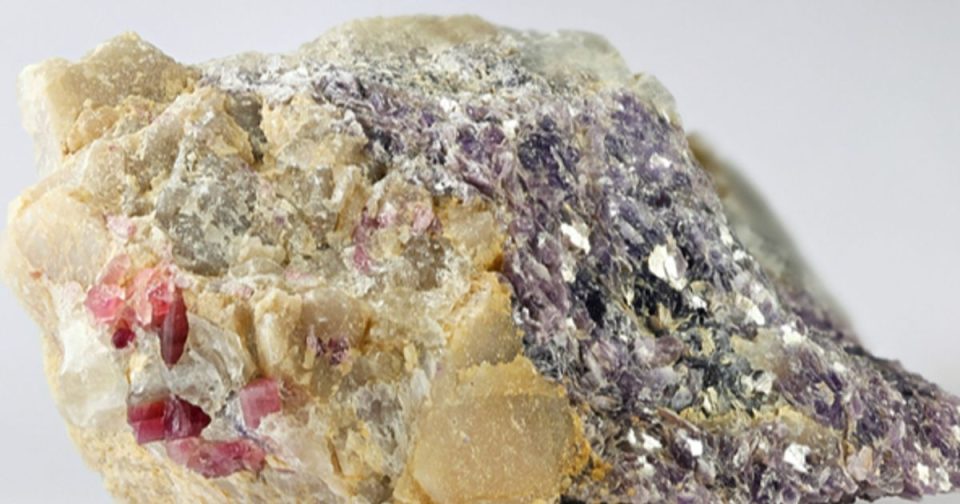United Lithium Corp. (CSE: ULTH, OTCQX: ULTHF, FWB: 0UL) has announced encouraging results from mineralogical tests conducted on its wholly-owned Bergby Lithium Project in Sweden. The tests, performed by SGS Canada Inc., focused on four pegmatite samples from the project, revealing high-grade lithium content and favorable mineral characteristics.
The test work showed impressive head grades ranging from 1.03% to 1.72% Li2O across the four pegmatite samples (B, C, D, and E). Spodumene, a valuable lithium-bearing mineral, was confirmed as the primary lithium source, accounting for 79% to 95% of the total lithium content in the samples.
The study revealed high liberation rates for spodumene, with three of the four samples showing liberated spodumene content of 78% to 81%. This characteristic is crucial for efficient mineral processing. The tests also indicated potential lithium grades between 3.1% and 3.4% with recoveries ranging from 72% to 95% for pegmatites B, C, and D.
The spodumene samples showed low iron oxide (Fe2O3) concentrations, averaging between 0.35% and 0.78%. Additionally, mica content, which can negatively impact lithium recovery, was found to host less than 2% of the total lithium in the samples.
The Bergby Lithium Project covers approximately 8,000 hectares in central Sweden, strategically located near essential infrastructure and the Gulf of Bothnia. The project area contains multiple lithium-cesium-tantalum (LCT) enriched granitic pegmatites, with five confirmed through drilling.
Scott Eldridge, United Lithium’s President and CEO, expressed optimism about the test results, stating, “These metallurgical results demonstrate that the Bergby lithium-rich pegmatites have a high recovery rate of spodumene which will contribute to lower mining and refining costs.”
The positive mineralogical characteristics, particularly the high spodumene content and favorable liberation rates, position the Bergby project as a potentially cost-effective source of lithium. This is especially significant given the growing demand for lithium in the electric vehicle and energy storage markets.
United Lithium plans to use these results to guide future exploration and metallurgical testing at the Bergby project. The company’s next steps will likely include more detailed economic assessments and further drilling to expand the known mineralized zones.
As the global push for electrification continues, projects like Bergby could play a crucial role in securing lithium supply for European markets.

